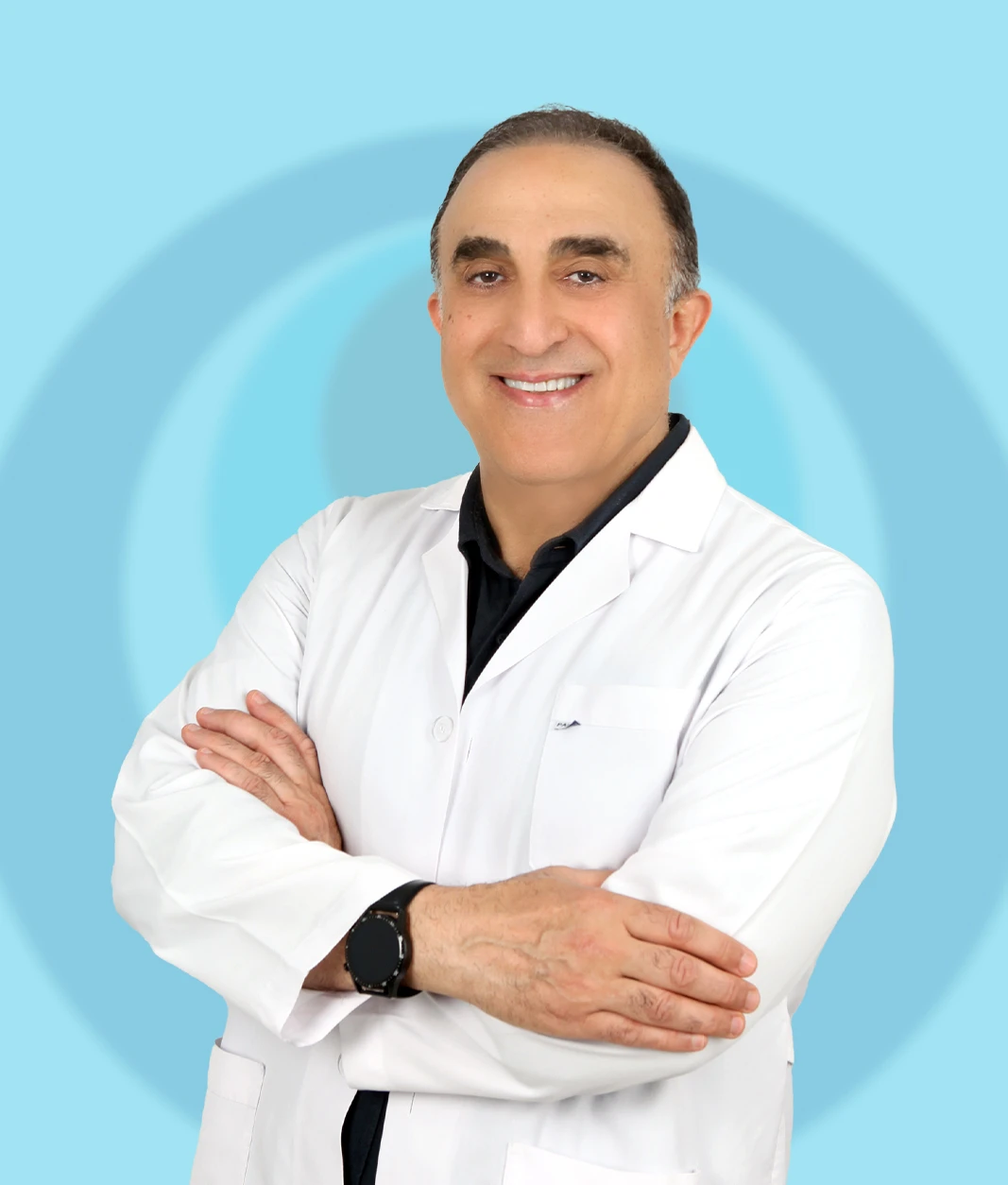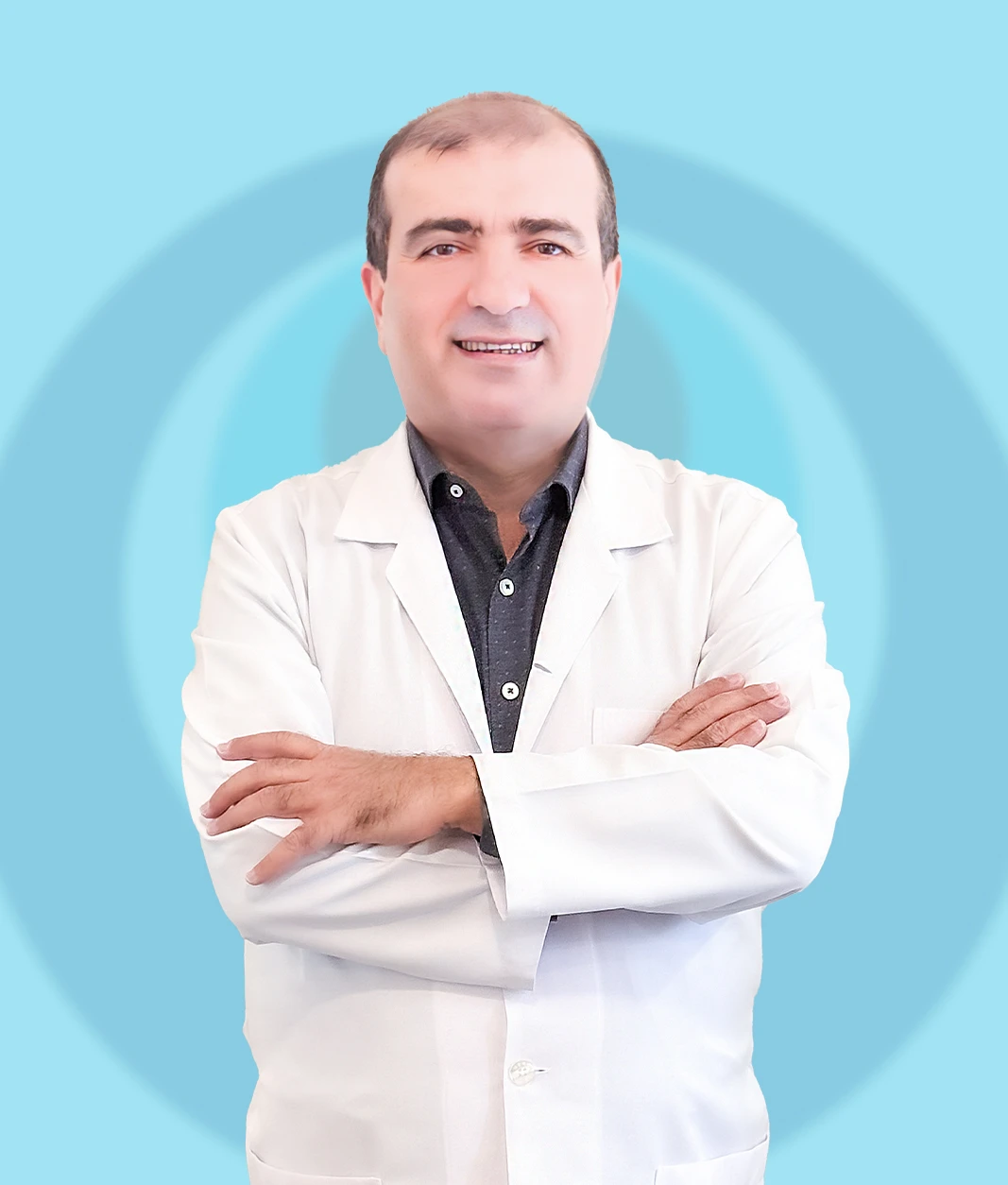Child health and diseases is a medical branch that monitors and provides preventive healthcare services for children's physical, mental, and emotional development from birth until adolescence. The specialists in this field, commonly known as pediatricians, play a critical role not only in supporting healthy growth but also in the early diagnosis and treatment of illnesses.
What is Pediatrics?
Pediatrics is a term derived from Latin, combining "paedia," which means "child," and "iatreia," which means "treatment." This branch of medical science aims to monitor the physical, mental, emotional, and social development of individuals aged 0-18 years and to maintain their health. Physicians specialized in this field are referred to as pediatric specialists or, in common language, child doctors.
Pediatrics is concerned not only with the treatment of diseases but also with the prevention of illnesses, the establishment of healthy lifestyle habits, and developmental monitoring. Since it encompasses a wide age range from the neonatal period to adolescence, pediatrics requires an approach that can effectively analyze the unique needs and risk factors associated with different developmental stages.
Pediatrics is not limited to the treatment of diseases; it is also of great importance in enhancing children's quality of life, promoting healthy habits, and preventing chronic diseases. Therefore, the field of child health is a fundamental healthcare service both individually and socially. Pediatric specialists provide a wide range of services in various areas, including immunization (vaccination), regular developmental checks, nutritional counseling, monitoring infections, managing chronic diseases, and providing psychosocial support. Thus, not only are children's current health concerns addressed, but their future quality of life is also safeguarded.
The Importance of Pediatrics
Childhood is a critical period that shapes an individual's entire life. Health problems experienced during this period can lead to severe consequences in the long term if not diagnosed early. For this reason, pediatric healthcare services should be received regularly throughout the child's developmental process. Some notable aspects of pediatrics include:
- Early Diagnosis and Treatment: Illnesses during childhood can progress rapidly due to the underdeveloped immune system. Thanks to early diagnosis, the treatment process can be more effective and completed in a shorter period.
- Developmental Monitoring: Conditions such as growth retardation, developmental delays, or behavioral disorders can be detected early through regular monitoring, allowing for necessary precautions to be taken.
- Contribution to Community Health: The foundations of healthy individuals are laid in childhood. Therefore, healthy children signify healthy communities.
Common Problems in Child Health and Diseases
In the field of pediatrics, there are many health issues that children may encounter. These problems can be seasonal as well as age-specific. Common childhood diseases include:
- Respiratory Infections: Diseases such as flu, the common cold, pneumonia, and bronchitis are quite prevalent among children.
- Allergies: Food allergies, as well as allergic reactions to pollen, dust mites, and animal hair, can occur frequently in children.
- Growth and Development Delays: Inadequate progress in height and weight development may arise from hormonal disorders or nutritional deficiencies.
- Vaccine-Preventable Diseases: Vaccinations against infectious diseases such as measles, mumps, and chickenpox are fundamental to child health and should be administered according to the vaccination schedule.
Pediatric Examination and Assessment
Pediatric examination evaluates not only the illnesses of children but also thoroughly investigates their overall health status and developmental processes. The main aspects considered in these evaluations include:
- Height and Weight Monitoring: Assessments are made based on growth curves appropriate for the child's age.
- Sensory Examination: Hearing and vision tests are particularly important during the preschool period.
- Psychosocial Development Assessment: Social relationships, behavioral patterns, and emotional responses are integral parts of child development.
Through regular health checks, potential issues in children can be detected early, and their developmental processes can be guided effectively.
Recommendations for Families Regarding Child Health
There are some basic elements that parents should pay attention to for the healthy development of their children. These recommendations help protect both physical and mental health:
- Balanced Nutrition: A nutrition program rich in vitamins and minerals should be implemented, appropriate for the child's age.
- Physical Activity: Games and exercises that meet the daily movement needs should not be neglected.
- Regular Sleep: Sleep patterns are vital for the mental and physical development of children.
- Vaccination Schedule and Check-ups: Vaccinations should not be neglected, and pediatric doctor check-ups should be performed regularly.
- Hygiene and Awareness of Preventive Health: The habit of handwashing, hygiene rules, and healthy living awareness should be instilled from a young age.
Child health and diseases is an important medical field that forms the foundation of not only individual but also community health. Pediatric specialists provide multifaceted assessments to ensure that children grow into healthy individuals and offer necessary guidance. Parents' conscious engagement, interest, and collaboration during this process can make a significant difference in children's current health and future quality of life.












